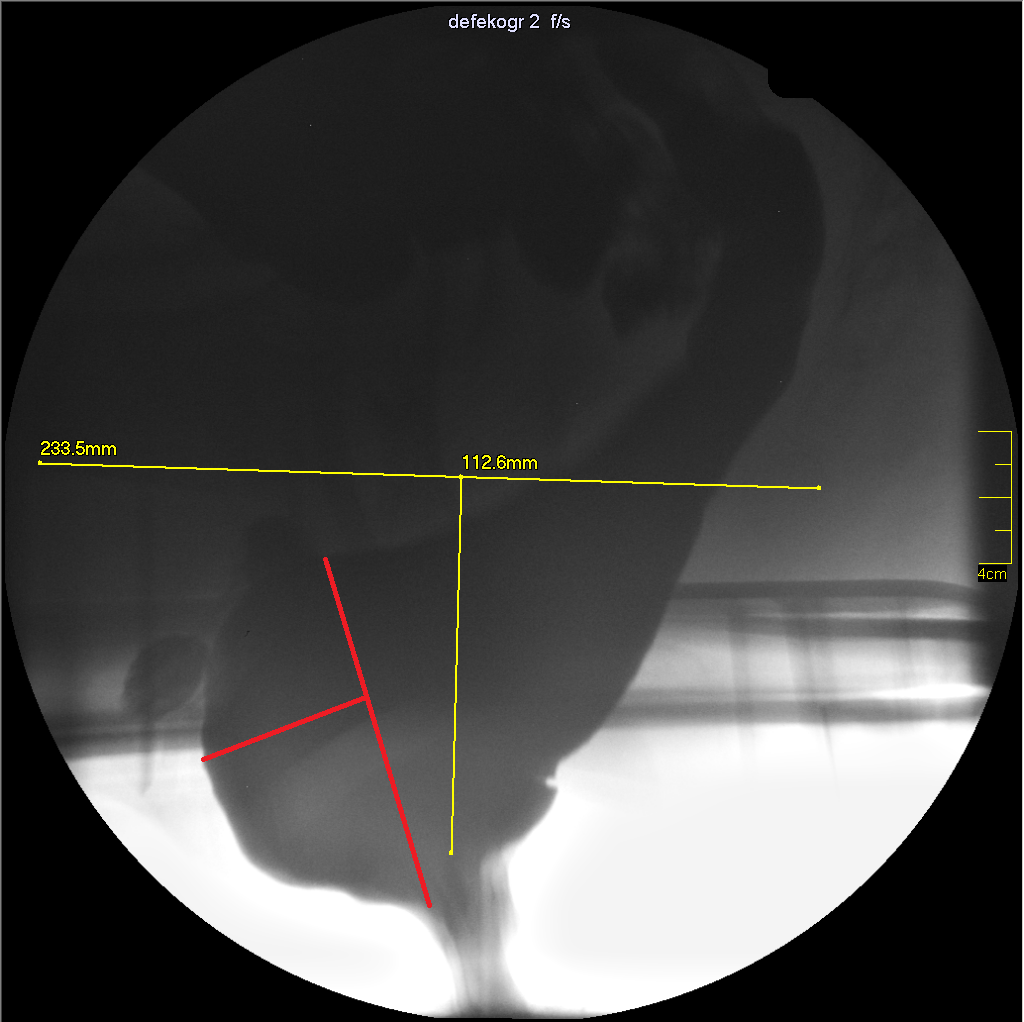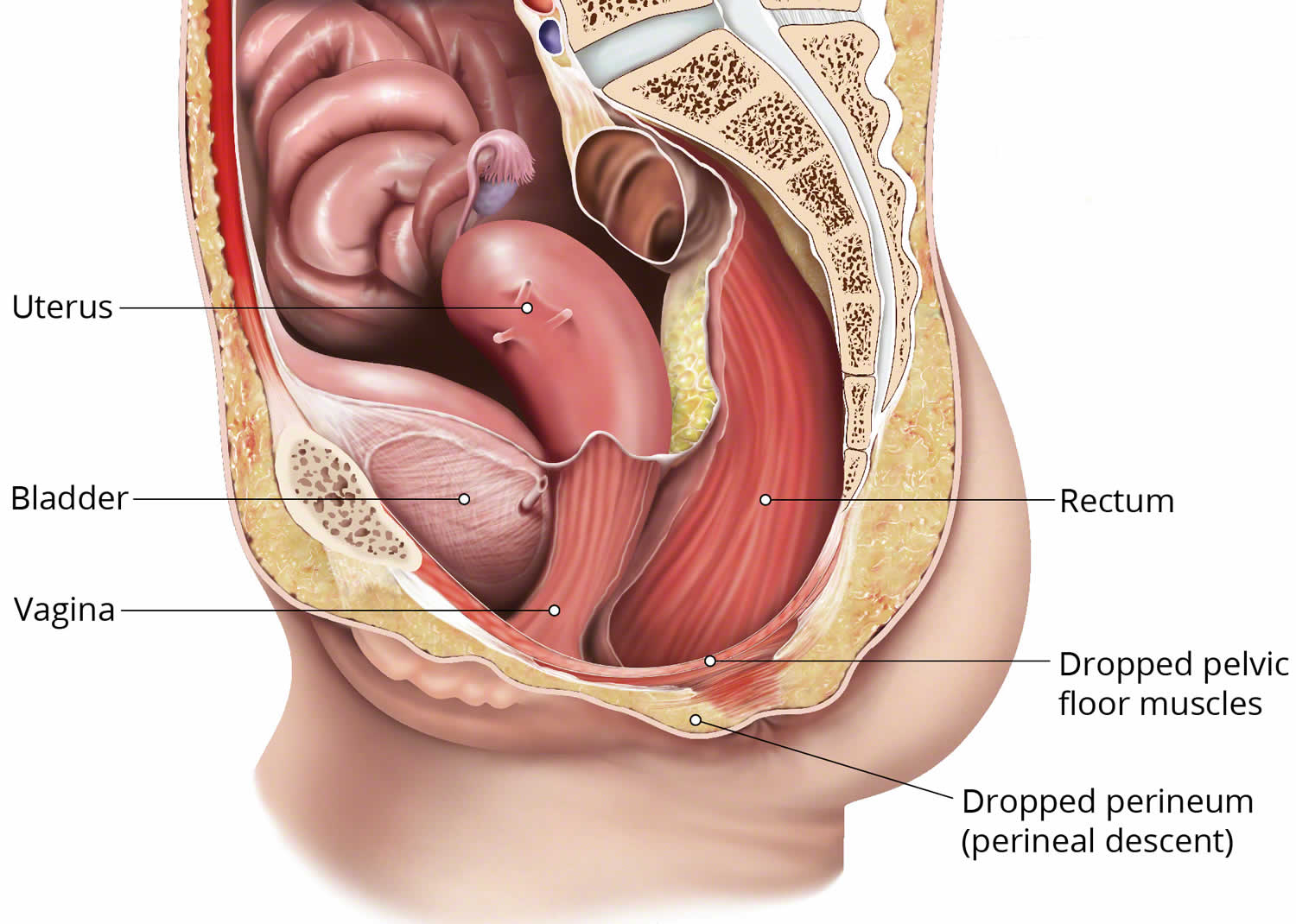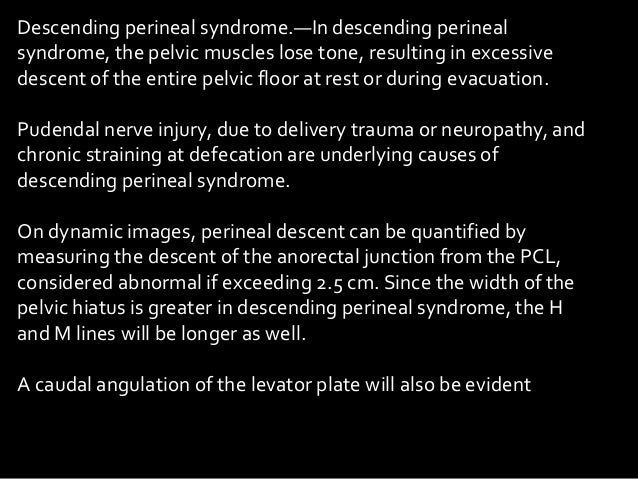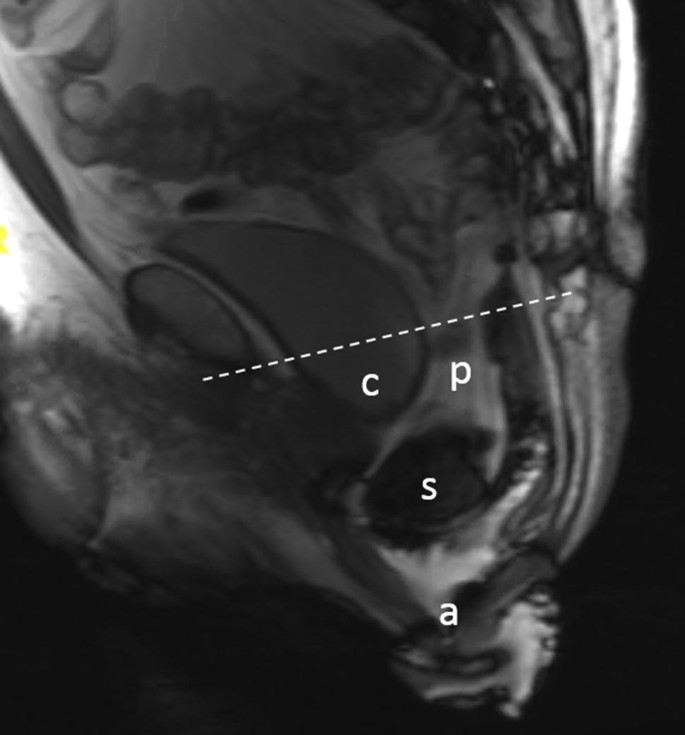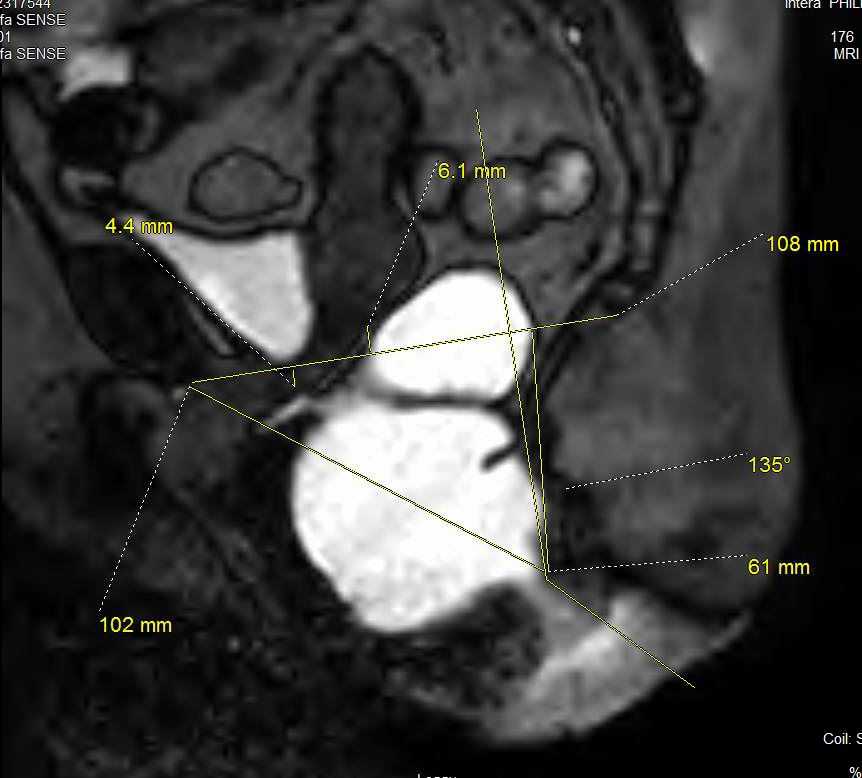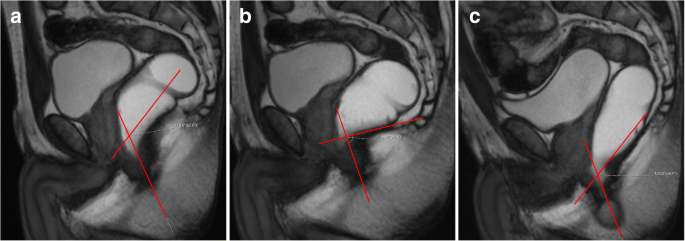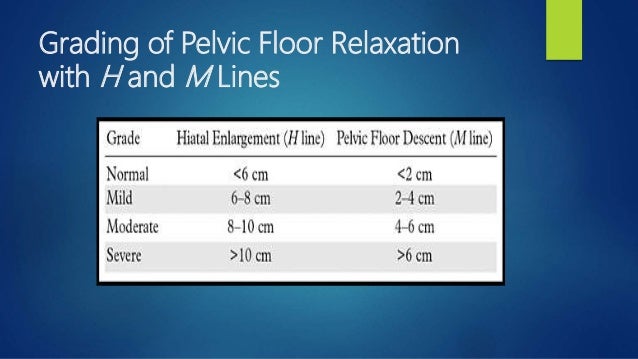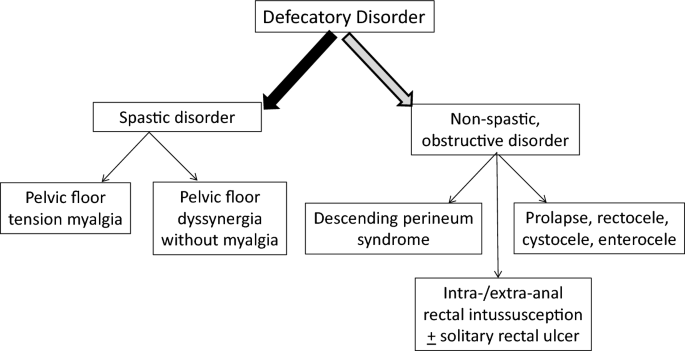It results in abnormal descent of the urinary bladder the uterovaginal vault and the rectum resulting in urinary continence fecal incontinence and pelvic organ prolapse.
Pelvic floor descent syndrome.
The pelvic floor becomes funnel shaped after the puborectalis muscle.
Mechanistically the causes of pelvic floor dysfunction are two fold.
Pelvic floor descent or descending perineal syndrome occurs when pelvic muscles lose tone resulting in excessive descent of the entire pelvis floor at rest or during evacuation.
Pelvic floor dysfunction is the inability to control the muscles of your pelvic floor.
Pelvic floor descensus descending perineum syndrome dps the functionality of the sphincter system is closely related to the pelvic floor which most people associate exclusively with gynaecology.
On dynamic imaging pelvic floor descent is defined as anorectal junction descent of more than 2 5 cm below the pcl.
Associations include obesity menopause pregnancy and childbirth.
Pelvic congestion syndrome pcs is a chronic condition that occurs in women when varicose veins form below the abdomen within the pelvic region.
Pelvic floor dysfunction is a common condition where you re unable to correctly relax and coordinate the muscles in your pelvic floor to urinate or to have a bowel movement.
But let s not forget that every human being has a pelvic floor.
The syndrome was first described in 1966 by parks et al.
Some women may be more likely to developing pelvic floor dysfunction because of an inherited.
Your pelvic floor is the group of muscles and ligaments in your pelvic region the pelvic floor acts like a.
Varicose veins are veins that become swollen.
Descending perineum syndrome dps is a common pelvic floor condition affecting women causing constipation.
Descending perineum syndrome also known as levator plate sagging refers to a condition where the perineum balloons several centimeters below the bony outlet of the pelvis during strain although this descent may happen without straining.
Widening of the pelvic floor hiatus and descent of pelvic floor below the pubococcygeal line with specific organ prolapse graded relative to the hiatus.
Dps affects the whole pelvic floor with excessive chronic straining pressure weakening the entire pelvic floor over time allowing the descent of tissues.
